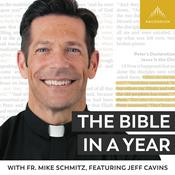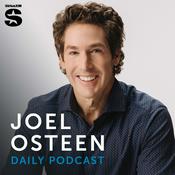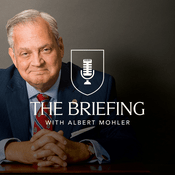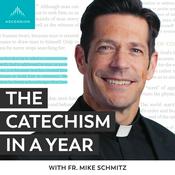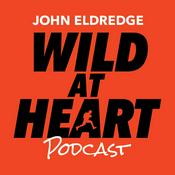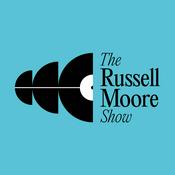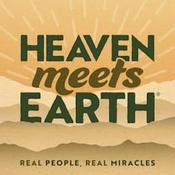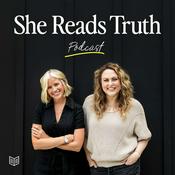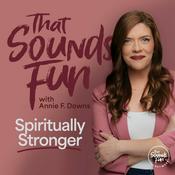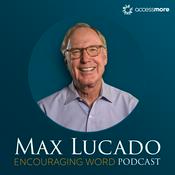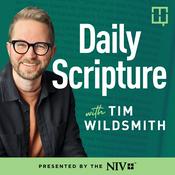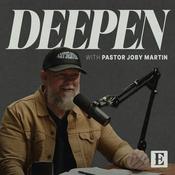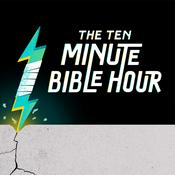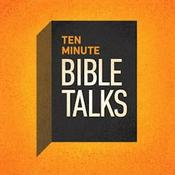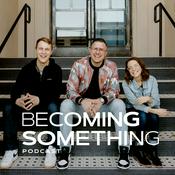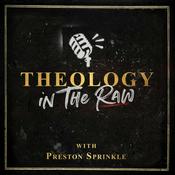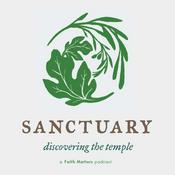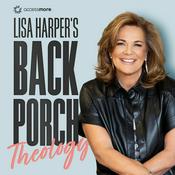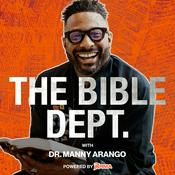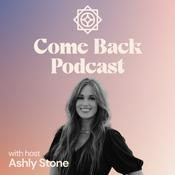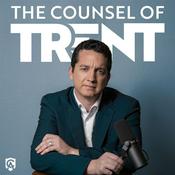123 episodes
- Join astrophysicist Jeff Zweerink and Dr. Latha Christie, senior scientist with the government of India, as they discuss theological and philosophical implications that point to the reality of God’s existence.
Many skeptics claim that there is no scientific evidence for God, and many Christians claim the scientific evidence for God is overwhelming. Perhaps the conflict doesn’t reside in the science but in the worldview that we bring to account for the scientific data. Join us in this episode as a former skeptic describes aspects of her journey from skepticism to seeing abundant scientific evidence for the truth of Christianity.
LINKS AND RESOURCES:
Beyond the Boundaries of Science: Exploring the Cosmic Story - Join biochemist Fazale “Fuz” Rana and astrophysicist Jeff Zweerink as they discuss new discoveries with theological and philosophical implications that point to the reality of God’s existence.
A research team discovered that most life on Earth came from explosive bursts of species diversification, known as adaptive radiations. In this episode, Fuz Rana explains how this insight supports RTB’s creation model for life’s history and discusses why it challenges materialistic evolution.
Jeff Zweerink explains how the origin of life on Earth continues to defy a naturalistic explanation. Rather than simply throw up our hands and say, “God did it!”, he invites us to investigate what science can say about knowledge gaps and how we might address them. More significantly, by understanding these challenges, Christians can bring a biblical understanding of how God works in creation to propose fruitful scientific models—models that not only respect Scripture but also help us make meaningful progress in understanding the origin of life.
LINKS AND RESOURCES:
Rapid Radiations Underlie Most of the Known Diversity of Life
The Math Says Life Shouldn’t Exist, But Somehow It Does
The Unreasonable Likelihood of Being: Origin of Life, Terraforming, and AI - Join biochemist Fazale “Fuz” Rana and physicist and theologian John Bloom as they discuss archaeological finds with philosophical implications that point to the reality of God’s existence.
Since the 1970s, critical and skeptical academic scholars have vigorously challenged Old Testament historical accounts with archaeological evidence that appeared to contradict the biblical narratives. This episode examines recent archaeological and historical evidence showing that this pessimism is unfounded, and Christians can indeed have confidence in the Bible’s history.
LINKS AND RESOURCES:
Talbot School of Theology, Biola University, Master of Arts–Science and Religion
Gezer’s Carbon Finally Speaks: Solomonic City After All
Dating Ancient Manuscripts Using Radiocarbon and AI-Based Writing Style Analysis
Xenophon’s Cyaxares: Uncle of Cyrus, Friend of Daniel
The Chronology of Gezer from the End of the Late Bronze Age to Iron Age II: A Meeting Point for Radiocarbon, Archaeology, Egyptology, and the Bible
City of David
Drawing of David’s Jerusalem
St John Fragment–Greek P 457 image
The Natural Sciences: A Student’s Guide Genetics and Human Uniqueness | Solar System Disturbances Led to Life-Friendly Conditions on Earth
11/04/2025 | 39 mins.Join biochemist Fazale “Fuz” Rana and astrophysicist Hugh Ross as they discuss DNA survival in fossils and how mussels can help civilization. These discoveries carry theological and philosophical implications alluding to the reality of God’s existence.
Scientists have discovered that a small region of the human genome, dubbed HAR123, is unique in humans compared to other mammals, including chimpanzees. This sequence impacts neural development and explains humans’ unique capacity for cognitive flexibility. In this episode, biochemist Fuz Rana explains how this discovery supports the biblical view of human nature and identity.
Dates of oxygen isotope changes in Earth’s oldest zircons correlate with times our solar system crossed the Scutum-Centaurus and Perseus spiral arms. This correlation implies that dense interstellar clouds of gas and dust in those spiral arms disturbed the Oort Cloud, sending giant comets toward Earth. Their impacts may have stirred Earth’s interior, speeding up plate tectonics and the supercontinent cycle, thus preparing Earth more quickly for humans and global civilization.
LINKS & RESOURCES:
An Ancient Enhancer Rapidly Evolving in the Human Lineage Promotes Neural Development and Cognitive Flexibility
From the Grain to Galactic Scale; Milky Way Neutral Hydrogen and Terrestrial Zircon Oxygen Support Coupling of Astrophysical and Geological Processes Over Deep-Time
Improbable Planet- Join astrophysicists Hugh Ross and Jeff Zweerink as they discuss how emerging technologies bring human integrity and our responsibility to care for God’s creation into sharper focus.
Hugh discusses groundbreaking innovation in climate technology—clothing that cools the skin. Researchers have designed comfortable garments that integrate hydrogel with thermoelectric devices and lower skin temperature by 27 degrees. Such clothing has proven to keep people comfortable in extreme heat and its widespread use can greatly reduce energy for air conditioning and, thus, mitigate both urban heat islands and global warming.
As our technology improves, so does our capacity for mismanagement. Jeff examines two technologies that were developed for good purposes—rockets and ultra-processed foods—but are currently (or will be shortly) causing significant harm. In both instances, living by God’s design lets us receive the benefits of the technology while reducing its risks.
LINKS AND RESOURCES:
Thermoelectrically Elevated Hydrogel Evaporation for Personal Cooling Under Extreme Heat
Weathering Climate Change, Hugh Ross
Why Gen X Women Can’t Stop Eating Ultra-Processed Foods
Ultra-Processed Food Addiction in a Nationally Representative Sample of Older Adults in the USA
Rapid Rocket Growth Raises Alarm Over Earth’s Fragile Ozone Layer
More Religion & Spirituality podcasts
Trending Religion & Spirituality podcasts
About Stars, Cells, and God
Discussions of new discoveries taking place at the frontiers of science that have theological and philosophical implications, as well as new discoveries that point to the reality of God’s existence.
Podcast websiteListen to Stars, Cells, and God, The Drop the Needle Podcast and many other podcasts from around the world with the radio.net app

Get the free radio.net app
- Stations and podcasts to bookmark
- Stream via Wi-Fi or Bluetooth
- Supports Carplay & Android Auto
- Many other app features
Get the free radio.net app
- Stations and podcasts to bookmark
- Stream via Wi-Fi or Bluetooth
- Supports Carplay & Android Auto
- Many other app features


Stars, Cells, and God
Scan code,
download the app,
start listening.
download the app,
start listening.




